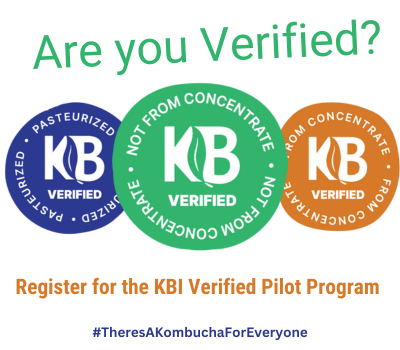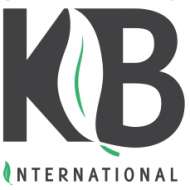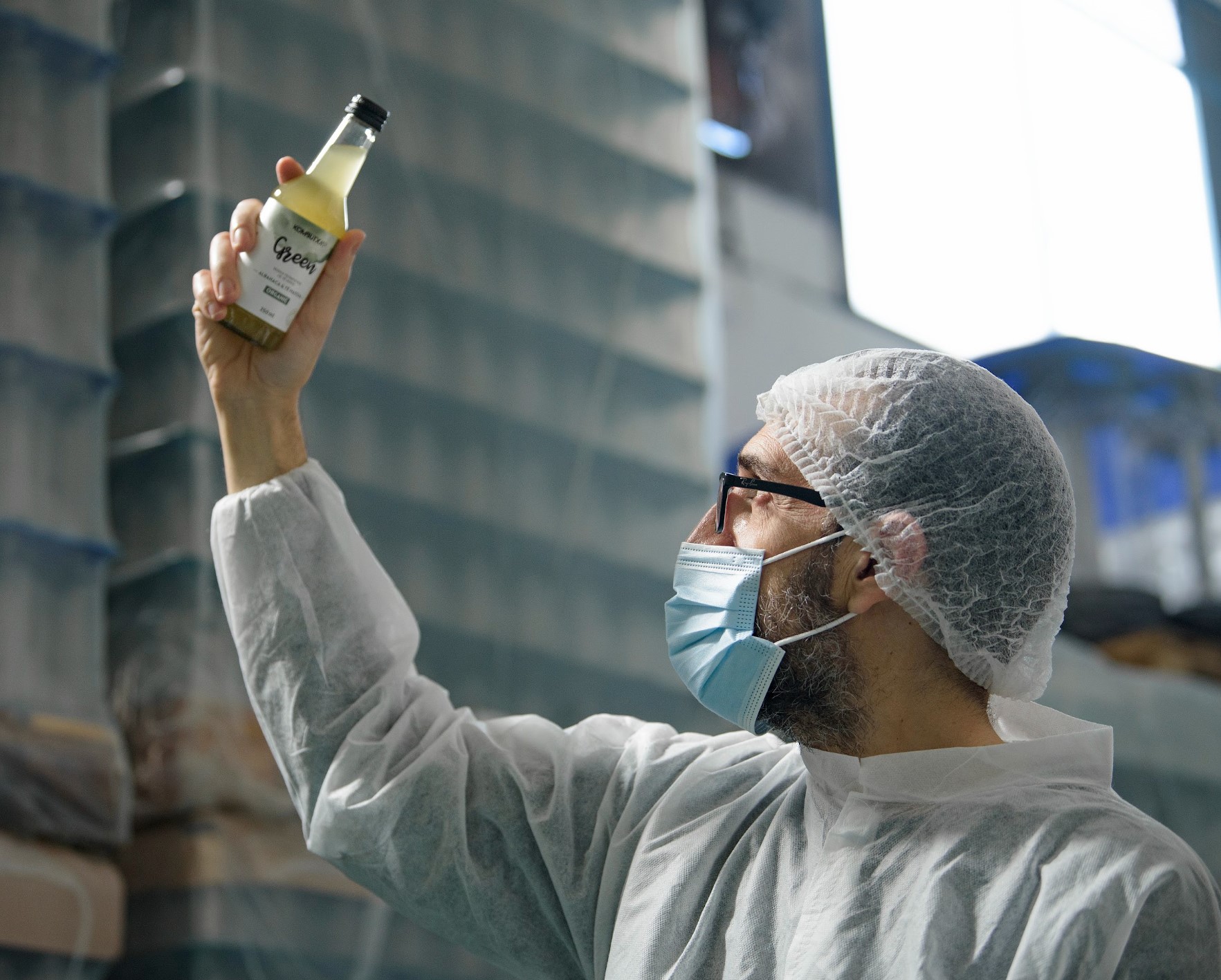
About Us
Menu
Advertising
Menu
On February 2nd, 2016, Hannah Crum, KBI President, met with several members of the TTB (Alcohol Tax and Trade Bureau) to discuss the trace amounts of ethanol naturally produced by the kombucha fermentation process and what steps the industry is taking to ensure companies remain in compliance of the current legal threshold for taxation of .5% ABV (alcohol by volume). Talking points included discussing the agency’s desire for the industry to self-regulate, the ethanol testing standard being developed with the AOAC, and an informative discussion on the numerous techniques utilized by the industry to reduce alcohol in addition to refrigeration.
The hour-long meeting was yet another step in establishing a closer relationship with the TTB in light of the letters that were sent to a handful of KBI members in 2015. Since kombucha is not intended as an alcoholic product, the TTB stated that it has no desire to regulate kombucha and prefers that the industry do so on its own. KBI agreed that self-regulation, just as in every other industry, would be the best way to reduce potential mislabeling and product quality concerns. To that end, KBI has already developed a set of Best Practices for all kombucha brewers that relate not only to alcohol testing but also to sanitary and business practices.
While the TTB is a partner in the AOAC process, it also reiterated that its participation in the consensus-based standards development process did not guarantee adoption of the new testing standard once fully vetted. The TTB maintained that its current testing methods (distillation and densitometry), which have been in use for over 100 years and are used to test the ethanol content of all kinds of products including foods, additives and other ingredients, are sufficient for detecting even low levels of ethanol. However, the TTB representatives also acknowledged that any other testing method may also be utilized provided it is validated. KBI has submitted the current approved testing methodology with validation to the TTB.
TTB staff were glad to learn of the several techniques already utilized by the industry for controlling ethanol production in kombucha. These include filtration, dilution, culture selection based on organisms, and aeration in addition to insisting on cold storage throughout the supply chain handling. Moreover, kombucha often contains similar amounts of ethanol to juice, sodas, and energy drinks, especially in light of the fact that the flavorings for these products are often in an alcohol-based carrier.
Overall, the meeting was a huge success and confirmed that both the TTB and the kombucha industry have the same goals – safe, compliant products that adhere to Best Practices. After the meeting, several TTB staff offered assistance to KBI and the kombucha industry as we continue to develop appropriate controls and protocols while determining what methods of testing will provide accurate and repeatable results. With the measures KBI is taking both with AOAC and the Verification program, we are on the path of self-regulation.

No spam. We never sell your data. Update your preferences or unsub anytime.
Willie Kennon, Rogue Kombucha, Grants Pass, OR Q: When did you first discover kombucha? A: I started drinking kombucha around 2011 Q: Why did you
Salonii Hamirwasia, Zoh Probiotics, Mumbai, Maharashtra, IND Q: When did you first discover kombucha? A: I first discovered kombucha in 2003 Q: Why did you start
Exciting Changes to Our 2024 Events Amidst KBI’s Transition and Post-COVID Pivot As we navigate a transition period with new leadership and adjust our strategies

Jordi Dalmau, MUN KOMBUCHA, Barcelona, Spain Q: When did you first discover kombucha? A: I discovered kombucha for health reasons. The organic acids in kombucha